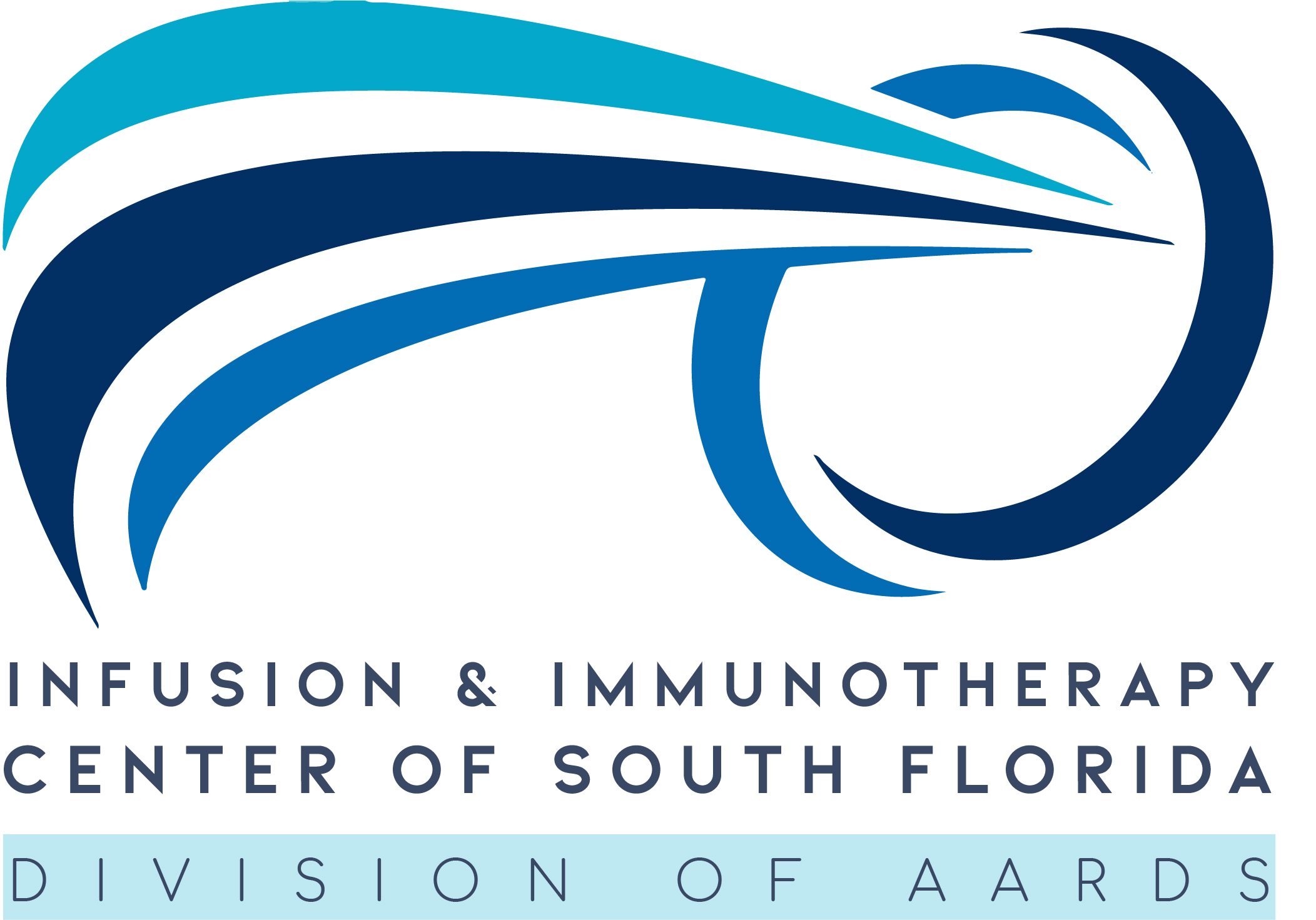Diet Recommendations for Gout Patients
Diet Recommendations for Gout Patients
Weight Reduction
Overweight is often associated with gout and may be a contributing factor in the onset of the disease. In such cases, weight reduction is recommended. The reduction in weight should be gradual; fasting or drastic dieting will increase serum uric acid levels.
Fat
Fat may prevent the excretion of uric acid from the kidney; therefore fat intake should also be reduced. Avoid: fried foods, rich pastries, excessive intake of fats, butter, margarine, oil, shortening and creams.
Fluid intake
A large fluid intake is helpful in eliminating uric acid. The consumption of a minimum of 2 quarts of fluid per day is encouraged.
Alcohol
Overconsumption of alcoholic beverages may precipitate attacks of gout. Excessive intake of alcohol results in the accumulation of lactic acid in the body, which inhibits the renal secretion of urates. Limit alcohol to less than 100 gr (3 oz.) per day in a diluted form and taken with food.
RESTRICTED PURINE DIET
HIGH PURINE FOODS: To be avoided
Liver, kidney, sweetbreads, brain, heart, mussels, shrimp, anchovies, sardines, meat extracts, gravies, fish roes, herring dry beans, dry peas, and lentils.
MODERATE PURIN FOODS: limit to one serving per day:
3 oz. meat, fowl, fish or seafoods (except as noted above)
1 cup whole grain cereals, peas, asparagus, cauliflower, mushrooms or spinach.
LOW PURINE FOODS: not limited:
Vegetables (except as noted above), fruits, skim milk, low fat cheeses, eggs and egg substitutes, refined cereals and cereal products, margarines and oils (in moderation only), vegetable soup without meat stock.

